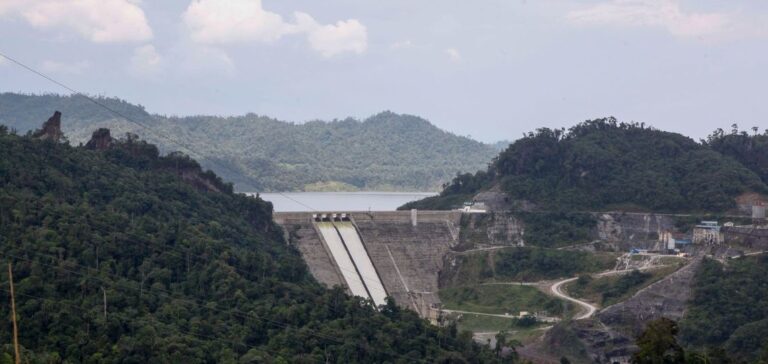Malaysia has announced its intention to achieve 40% renewable energy capacity by 2035. This ambition is underpinned by a recent analysis by GlobalData, revealing the country’s significant yet untapped potential in terms of renewable resources. According to the study, Malaysia, which had set an initial target of 31% for 2025, is well placed to achieve this new target. In 2021, Malaysia’s Ministry of Energy and Natural Resources (KeTSA) had already set ambitious targets as part of its National Energy Policy for 2022-2040. According to IRENA, the country is to double its investment in renewable energies to a minimum of $375 billion. The strategy aims to develop 18.4 GW of renewable energy capacity by 2040, covering sectors such as solar, bioenergy and hydropower.
Progress and Key Initiatives
Currently, 13.3% of Malaysia’s total capacity comes from renewable energies. At this rate of growth, GlobalData predicts that the country could reach 18.2% renewable capacity by 2025 and 36.4% by 2035. These figures show a significant and steady progression, supported by policies and incentive programs. One of the key programs introduced by Suruhanjaya Tenaga, Malaysia’s energy commission, is the large-scale solar program launched in 2016. This program, with a total allocation of 1.25 GW for the 2017-2020 period, has enabled a significant acceleration in the growth of grid-connected photovoltaic systems. In addition, the Net Energy Metering program has fostered the growth of the distributed renewable energy market.
The Role of Government and Tax Incentives
To further support the development of renewable energies, the Malaysian government has extended initiatives such as the Green Investment Allowance and the Green Income Tax Exemption until 2023. In addition, a tax exemption has been announced for solar leasing companies until December 2026. These measures are designed to stimulate private investment and encourage the adoption of renewable technologies. Despite only one small onshore wind farm with a capacity of 0.2 MW, GlobalData points out that several small wind projects could nevertheless have a significant impact. The variability of wind speeds in the region remains a challenge, but the untapped potential offers opportunities.
Future prospects and challenges
Malaysia’s energy transition towards a greater share of renewable energies is crucial to its energy security and to addressing global climate concerns. The development of these resources could not only diversify the country’s energy mix, but also strengthen its resilience in the face of fluctuating fossil fuel prices. Malaysia’s strategy reflects a global trend towards clean, sustainable energy. However, the country must overcome challenges such as integrating renewables into an existing power grid, and managing the intermittency associated with solar and wind power sources. With rigorous planning and sustained investment, Malaysia seems well positioned to meet its ambitious targets and play a leading role in the region’s energy transition.






















